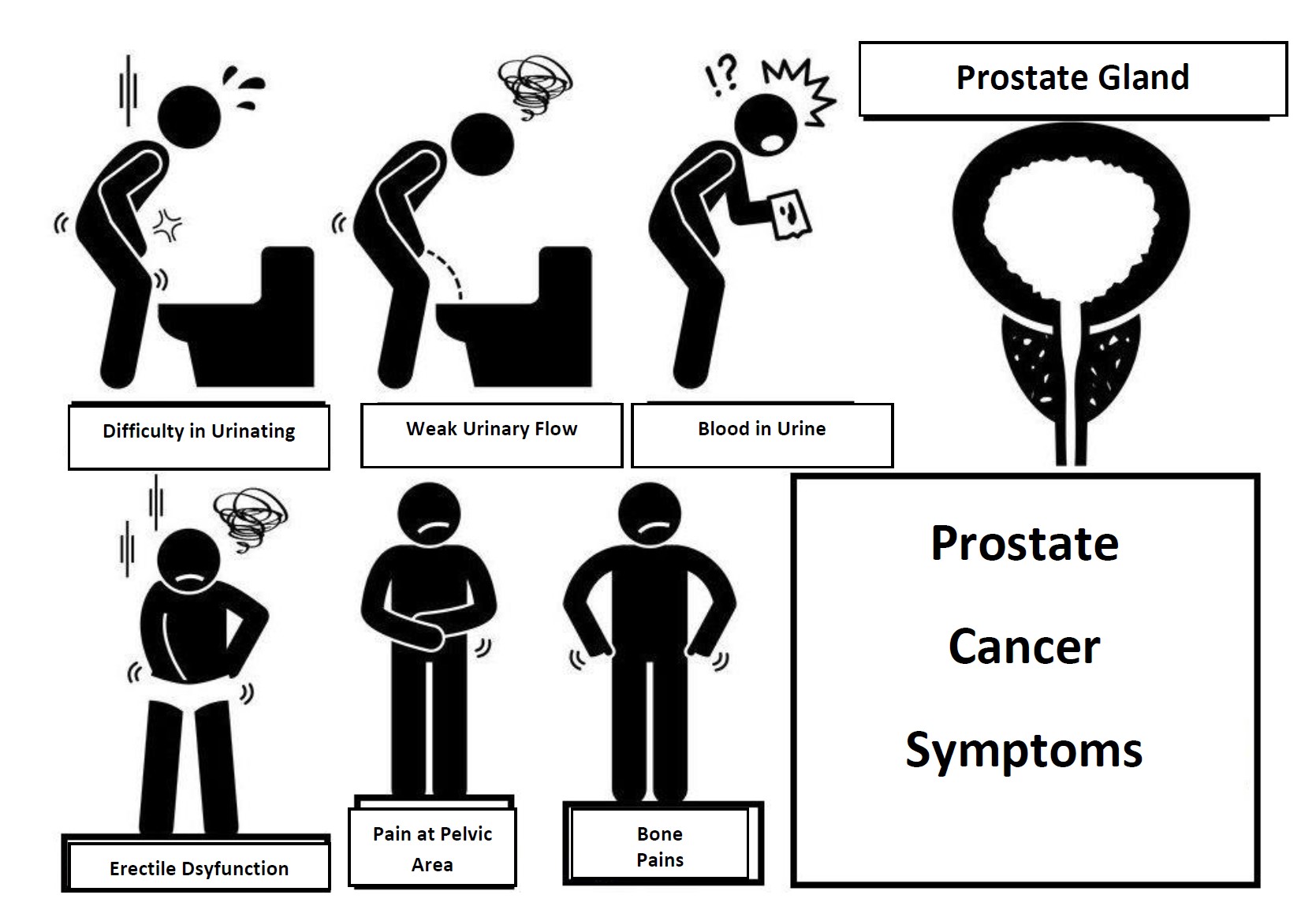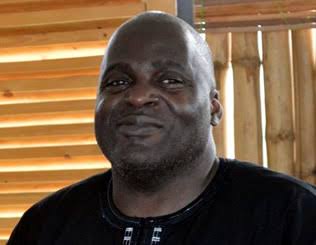Veteran journalist and human rights activist, Rotimi Sankore, says being diagnosed with cancer is not the end, even when it is obvious that it could be a fearful situation.
The activist, who was diagnosed with stage-4 prostate cancer, spoke on the Nigeria Info 99.3.
He said the symptom started as aching bones and high temperature, which he thought was malaria, while a General Practitioner suspected arthritis.
Sankore, who has been involved in public health advocacy as regards the Millennium Development Goals since 2000, says he had an idea that it could be something more serious.

Sharing his experience in a radio interview, Sankore says, “I first thought I had malaria. Then, I went to the hospital and was told by a general practitioner that it might be arthritis, because my bones were really aching.”
Then he met a doctor who recommended sundry tests to determine the diagnosis and chart the way forward. “After MRI and CT scans, I was presented with this bad news that it looked like I had cancer,” Sankore tells his interviewer; adding, “So, I had to undergo more tests, including a biopsy. By then, the battle had commenced!”
Asked how he took the news, he said that his public health advocacy experience prepared him for the bad news. “The only way to keep fighting is to have no fear,” says. He, however, confessed that he received the news with shock and then opted to fight it philosophically.
He said the options he was presented with were chemotherapy, radiotherapy or surgery — or a combination of everything, depending on the specialist’s decision in individual cases.

He said he was placed on chemotherapy, which he described as “toxic” and capable of killing patients. He urged cancer patients to be prepared to do the treatment prescribed by their doctor.
“Chemotherapy is uncomfortable and many patients may not complete it for a lot of reasons, including reasons of pain and lack of finance, or death.”
He disclosed that the first challenge he had was to find a well-trained specialist that had access to requisite equipment and who will be able to do proper diagnosis and offer requisite treatment.
He said he was lucky to have been referred to a well-equipped cancer treatment centre in Nigeria, with leading experts from the Diasporas. He, however, noted that it was a question of cost, underscoring the financial implications of cancer treatment in Nigeria.
He disclosed that though there are different types of treatments for cancer, chemotherapy is almost inevitable, but that in his own case, he tolerated the treatment very well.
Management of cancer is fraught with reactions, he said, noting that his own “reactions were mild, compared to others;” and that whether or not one would be an out-patient depends on the extent of the spread (metastasis) of the cancer. He said that being an out-patient costs less, compared to being an in-patient, and that patients must pay upfront for each treatment.
were mild, compared to others;” and that whether or not one would be an out-patient depends on the extent of the spread (metastasis) of the cancer. He said that being an out-patient costs less, compared to being an in-patient, and that patients must pay upfront for each treatment.
He urged anyone battling cancer to be brave and to ask for help as needed.
On what stage his cancer was at diagnosis, Sankore said, “Ironically, it was stage four and the cancer was prostate cancer.”
He explains that prostate cancer develops slowly and that by the time the victim gets to know, it might have advanced. He said this is not the situation in advanced countries where men and women are encouraged to do age-appropriate tests at regular intervals, lamenting that “health governance, health policy and health investment are very poor in Nigeria.”
He counselled men to do prostate-specific antigen (PSA) test annually in order to catch any cancer early in case one is growing in the body.
He counsels, “If you have any of the following symptoms, be sure to see your doctor right away—
- Difficulty starting urination.
- Weak or interrupted flow of urine.
- Urinating often, especially at night.
- Trouble emptying the bladder completely.
- Pain or burning during urination.
- Blood in the urine or semen.
- New onset of erectile dysfunction
- Pain or burning during urination, which is much less common
- Discomfort or pain when sitting, caused by an enlarged prostate
He said seeing the doctor on time might help in curtailing the cancer before metastasis sets in, by which time it might have been to late.
He said in his own case, the cancer started in his bone, making him to think he had malaria, while the GP suspected arthritis, until he underwent tests that authenticated a prostate cancer diagnosis.
Sankore, who used the opportunity to advocate gender equality in Nigeria, said the two doctors that treated him were women.
“Gender equality is very crucial in Nigeria; and I am so proud to say that both the doctor that diagnosed the cancer and the doctor that led the treatment are women. Two absolutely fantastic lady doctors.
“This is one of the things we lose in a country like this when people refuse to send their daughters to school because you think the boy deserves better education.”
I am so proud to say that both the doctor that diagnosed the cancer and the doctor that led the treatment are women
Asked if he tried using any public health facility to ascertain his diagnosis or access treatment, he said anyone who decides to put their treatment in the hands of public facilities in Nigeria might as well be toying with their life.
He noted though, that, that is not to say that there are no good doctors in Nigeria’s public healthcare facilities, “but there is dearth of personnel and equipment, despite the good intentions of those working there.” He said that was why he opted for the well-equipped private health facility.
According to America Cancer Society, some of the cancers that affect women are breast, colorectal, endometrial, lung, cervical, skin, and ovarian cancer; while some of the cancers that most often affect men are prostate, colorectal, lung, and skin cancers.
“Knowing about these cancers and what you can do to prevent them or find them early may help save your life,” ACS says.
Experts say there have been incredible breakthroughs in medicine as regards the various treatments that can be administered to cancer patients. There are now personalised approaches to treating cancer, having considered the patient’s cancer type and health history, thanks to the relentless efforts of health researchers and the power of technology!
“Many procedures and drugs are available to treat cancer, with many more being studied. Some are ‘local’ treatments like surgery and radiation therapy, which are used to treat a specific tumor or area of the body”, ACS states.
Whatever number of chemotherapy sessions are recommended for you, try to complete them. That’s one way to ensure recovery
Drug treatments may also be administered and they can affect the entire body. These may include: chemotherapy, immunotherapy, or targeted therapy.
Also, experts say that in treating cancer, access to quality medical facilities and highly-skilled medical professionals can be the game-changer. “The first problem is finding a specialist that is well-trained, well-experienced and have access to equipment to be able to diagnose, treat, and look after you properly”, says Sankore.
He cites access to funds as a viable means of accessing state-of-the-art healthcare. “Every cancer patient needs support of friends and family, in addition to whatever they have.” He urged cancer patients to be resilient, stressing that they should undergo their treatments completely.
“Whatever number of chemotherapy sessions are recommended for you; you have to try to complete it, no matter how difficult it is. That’s one way to ensure that you recover.”
He berated the quality of services being offered in the secondary and tertiary facilities in Nigeria, noting that the expatriates that work in the facilities such as LUTH and LASUTH are frustrated.


